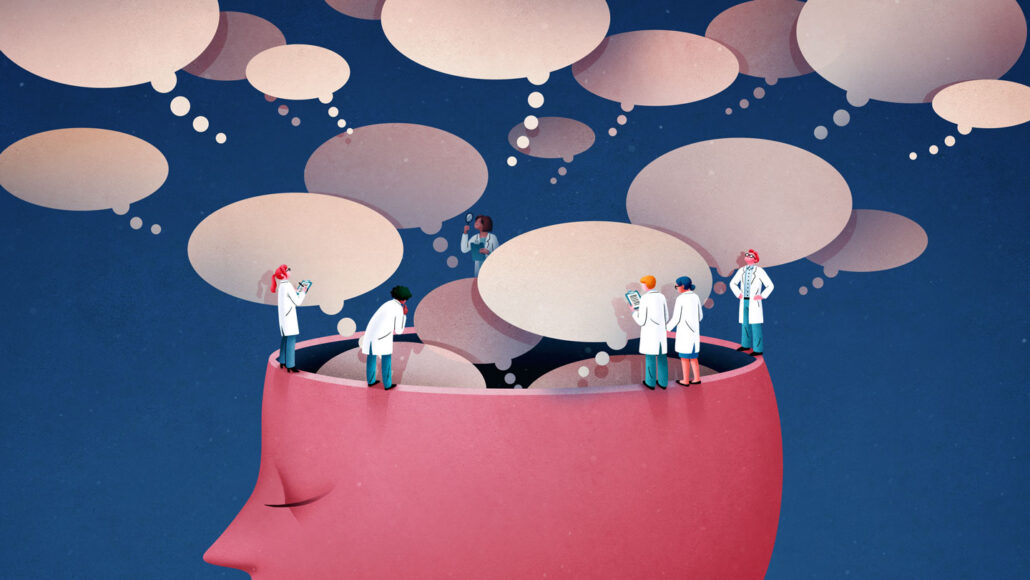Questions for “New technology can get inside your head. Are you ready??

The idea of letting outsiders inside the mind sparks a slew of ethical and privacy questions.
Julia Yellow

The idea of letting outsiders inside the mind sparks a slew of ethical and privacy questions.
Julia Yellow
Register to access:
An error occurred. Please try again.
Already Registered? Enter your e-mail address above.